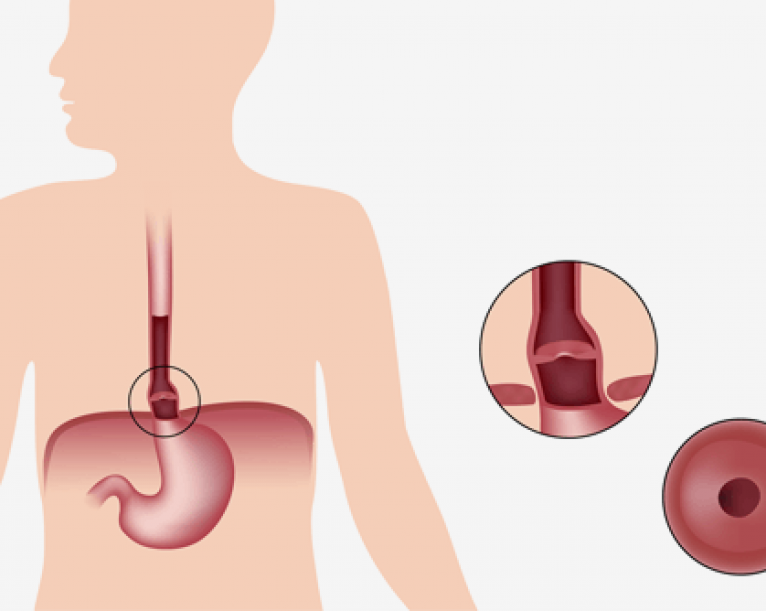
A hiatal hernia is when your stomach bulges up into your chest through an opening in your diaphragm, the muscle that separates the two areas. A hiatal hernia occurs when the upper part of the stomach pushes up into the chest through a small opening (called the hiatus) in the diaphragm, the muscle that separates the abdomen from the chest.
The Major Risk Factors for Hiatal Hernias:
Doctors don’t know the exact reason why hiatal hernias happen, however it may happen for the following reasons:
Being born with a larger hiatal opening than usual
Injury to the area
Changes in your diaphragm as you age
Older than 50 years
A rise in pressure in your belly, Coughing, Vomiting, Sudden physical exertion as from pregnancy, obesity, coughing, or lifting something heavy.
Symptoms of Hiatal Hernias:
It is known that many people do not notice the symptoms of hiatal hernia. Others may have:
Heartburn from gastroesophageal reflux disease
Chest pain
Bloating
Belching
Trouble swallowing
Bad taste in your mouth
Upset stomach and vomiting
Backflow of food or liquid from your stomach into your mouth
Shortness of breath and Nausea
Get instant medical care if you have severe pain in your chest or belly, upset stomach, can’t poop or pass gas, intermittent difficulty swallowing, especially solid foods, voice changes, difficulty breathing after meals and bright red blood in vomit.
The above could be signs of a severe hernia or an obstruction, which are medical emergencies.
Diagnosis of Hiatal Hernias
After a careful medical exam and taking your medical history, the board-certified thoracic surgeon may order one or more of the following tests to determine the cause of the symptoms:
Chest X-ray is electromagnetic energy that produces images of internal tissues, bones and organs.
Using Endoscopy, the doctor inserts a long, thin tube called an endoscope through the mouth and into the esophagus allowing him to see and inside the esophagus and stomach.
Barium Swallow study involves X-ray pictures of the esophagus and stomach after the patient has swallowed a small amount of contrast material.
Esophageal manometry goes down to the patient’s throat to check the pressure of the esophagus when swallowing.
Hiatal Hernia Treatment in Dubai:
Hiatal hernia treatment in Dubai is not the first solution provided for the patients, some medications are provided to reduce the symptoms as the treatment of the Hiatal hernia may be necessary if the hernia is:
Complicated by severe gastroesophageal reflux disease (GERD),
Complicated by esophagitis (inflammation of the esophagus),
Causing chronic anemia or a need for blood transfusions,
Causing recurrent pneumonia or infection,
Causing pain or inability to vomit.
Treatments may include:
Medication to neutralize stomach acid, decrease stomach acid, or improve stomach motility.
Proton pump inhibitors to keep the stomach from making as much acid One of the most known doctors in Dubai is Dr. Ali Al Dameh as he is an expert in performing surgery for reflux disease, as well as laparoscopic and open hernia repair and he performed more than 7000 Upper GI including complex and cancer cases and 800 Hiatal hernia cases and Nissen fundoplication



